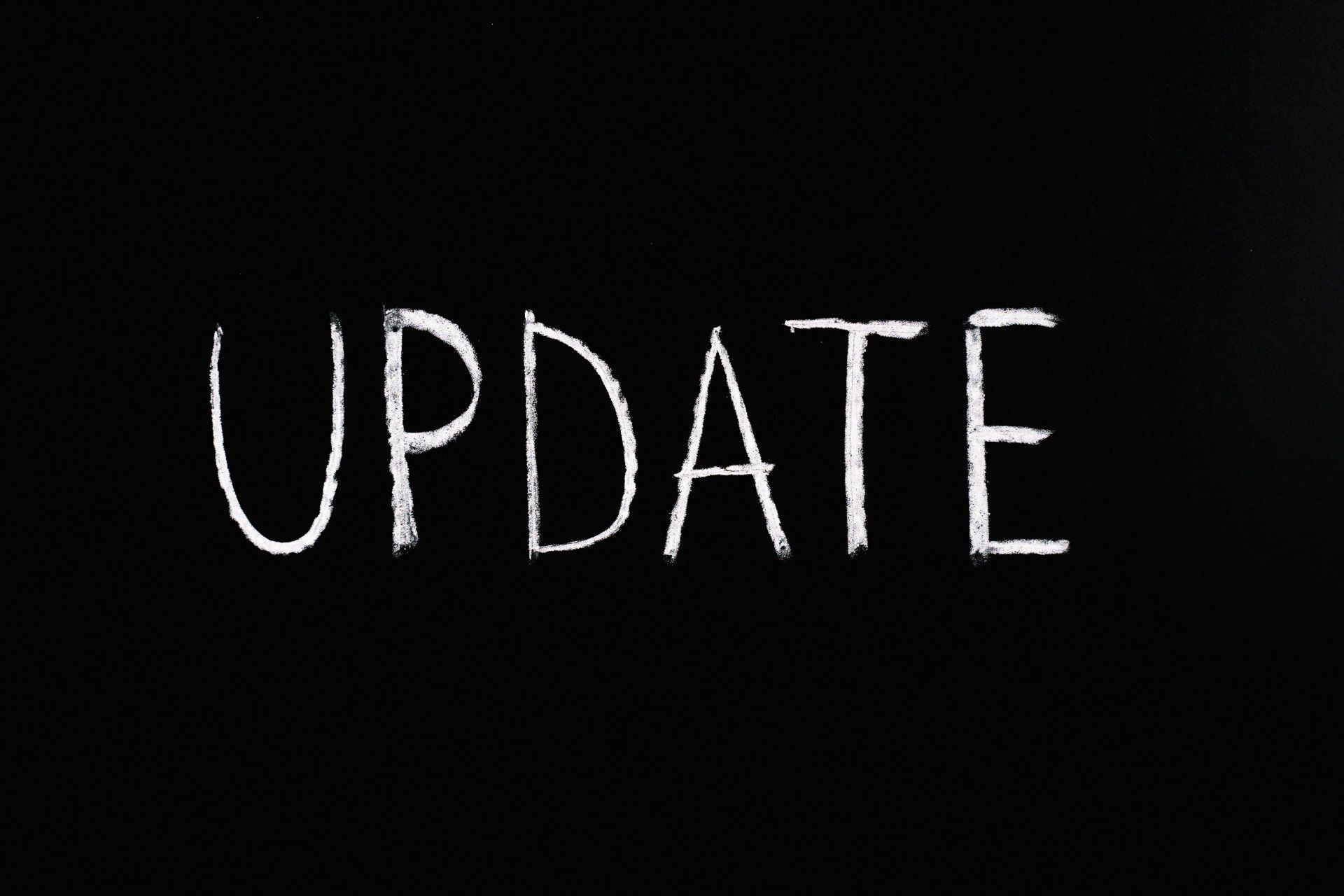The Home Buying Process: The Mortgage Application
When Do I Complete A Mortgage Application?
The first steps of the home-buying process are having a consultation, getting pre-approved and then finding the home of your dreams. For more information on exactly what those steps look like head over to our blogs on Getting Pre-Approved and Finding Your Dream Home. Now that you’ve found your new home and had a contract accepted, it is time to complete your loan application.
Most lenders have a variety of ways for you to complete your application so that you can choose what makes you most comfortable. If you wish to complete the application over the phone, in-person, via a weblink or even via a phone app that’s all possible! In most cases, a completed application will require a combination of a few different methods to ensure all documentation and applicable questions are covered.
Components of a Loan Application
First things first, this part of the process requires a lot of paperwork and answers to lots of personal questions. You should expect to enter into When completing the mortgage application your lender will gather all of the information necessary to submit a full package to their operations teams to ensure there is no problem lending you the amount of money necessary to buy your new home. Much of the loan application is simply filling in the blanks so that there is a complete picture for all the people behind the scenes that aren’t talking to you directly. So let’s break down each section of the mortgage application and what you should expect.
Basic Information About Your Loan
This includes information like how long it will take you to pay off your loan, if it is a purchase or refinance and what program and product you will be using. Don’t worry, you don’t need to know this information yourself. Your loan officer will talk through all of your options with you and together you will decide what is best for your specific situation. If you’d like to learn more about the available home financing options to you, head to our products page to see which may be right for you.
Borrower Information and details of the transaction:
The next major segment of the loan application is the borrower and co-borrower information. This will include employment information, monthly income, housing expenses, assets and liabilities. Your lender will need a history of all of this information, so expect to be asked for a specific number of months or years of documented history for each of these items.
Additionally, depending on some of the information in this section, such as employment type, we will need additional documentation. A list of all of the basic documents needed to verify this information includes:
- W-2s for the previous two years
- Paycheck stubs for the last 30 days
- All pages of you checking and savings account statements for the last two months
- Most recent statements for your 401(k)s, stocks, and other investments
- Photo ID
You will also need to disclose the details of the transaction, or in other words, communicate to your lender all of the relevant financial details involved in your loan. Are you receiving a gift for downpayment? Do you have a property to sell or rent out? All this information should be included to ensure that your loan runs smoothly through the rest of the process.
Declarations
The declarations section asks you questions pertaining to the property, your funding and perhaps most importantly your past financial history. This information isn’t meant to make it more difficult to get a loan or to overwhelm you. The information is there to help the lender have a full picture of your unique situation and help you find the best solution moving forward.
Acknowledgement and agreement and information for government monitoring purposes
The last two sections of the mortgage application are you simply acknowledging what your legal obligations are when you sign the loan application and demographic information. The purpose of collecting this information is to help ensure that all applicants are treated fairly and that the housing needs of communities and neighborhoods are being fulfilled.
For residential mortgage lending, Federal law requires that we ask applicants for their demographic information (ethnicity, sex, and race) in order to monitor our compliance with equal credit opportunity, fair housing, and home mortgage disclosure laws. The law provides that we may not discriminate on the basis of this information, or on whether you choose to provide it. The law also provides that we may not discriminate on the basis of age or marital status information you provide in this application. If you are uncomfortable filling on the demographic information you can choose to abstain from answering.
It is important to adjust your mindset about the mortgage application process from one of stress to one of excitement. You are formally applying to become a homeowner and that’s something to celebrate. Remember that through this process, you should have a reliable and experienced loan officer helping you every step of the way. They will advocate for you and your goals and work to help you navigate the home buying process as smoothly as possible.
Once the application is complete, the loan will be submitted to processing and you are one step closer to closing on your home!
Share This Article





